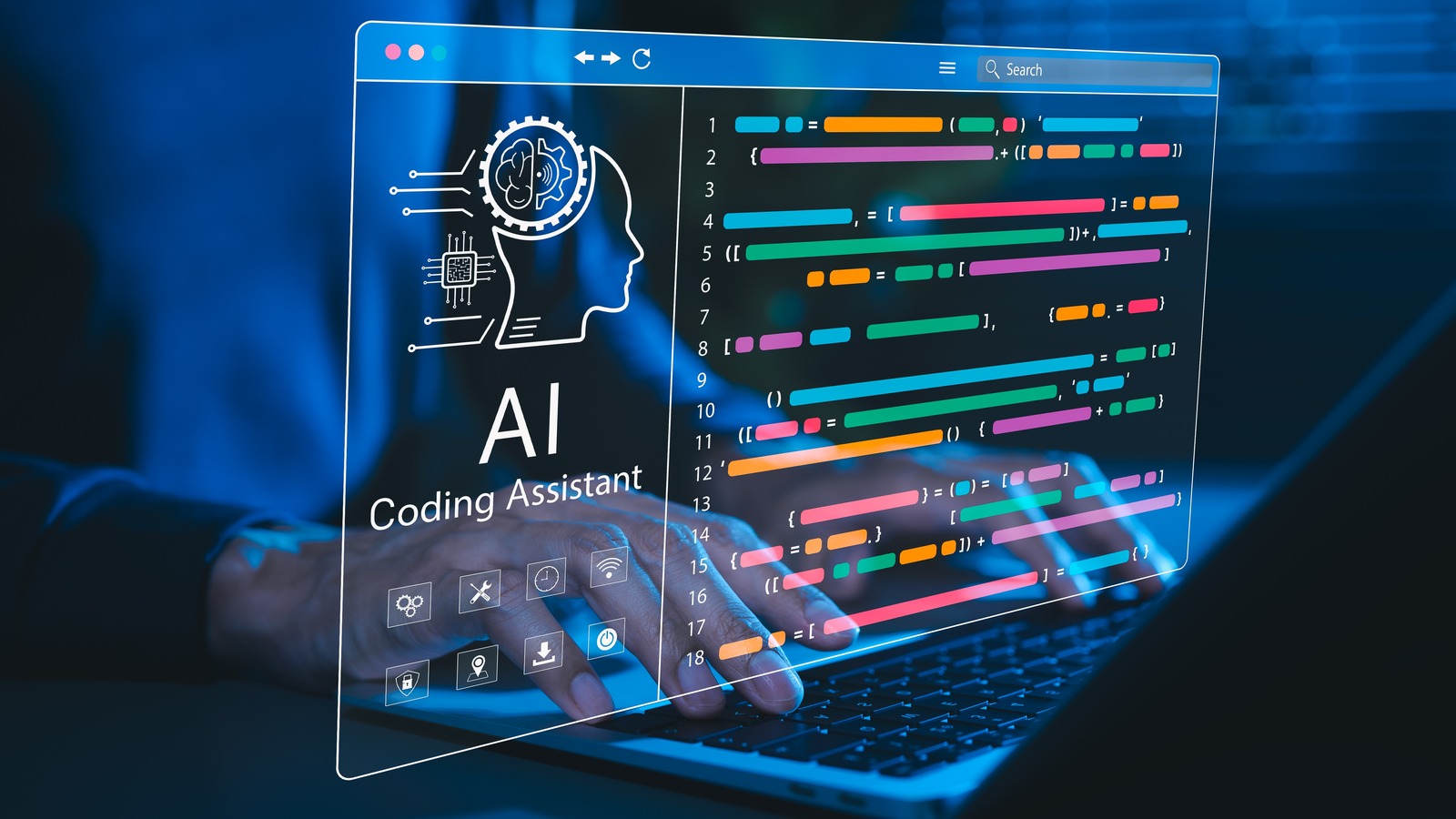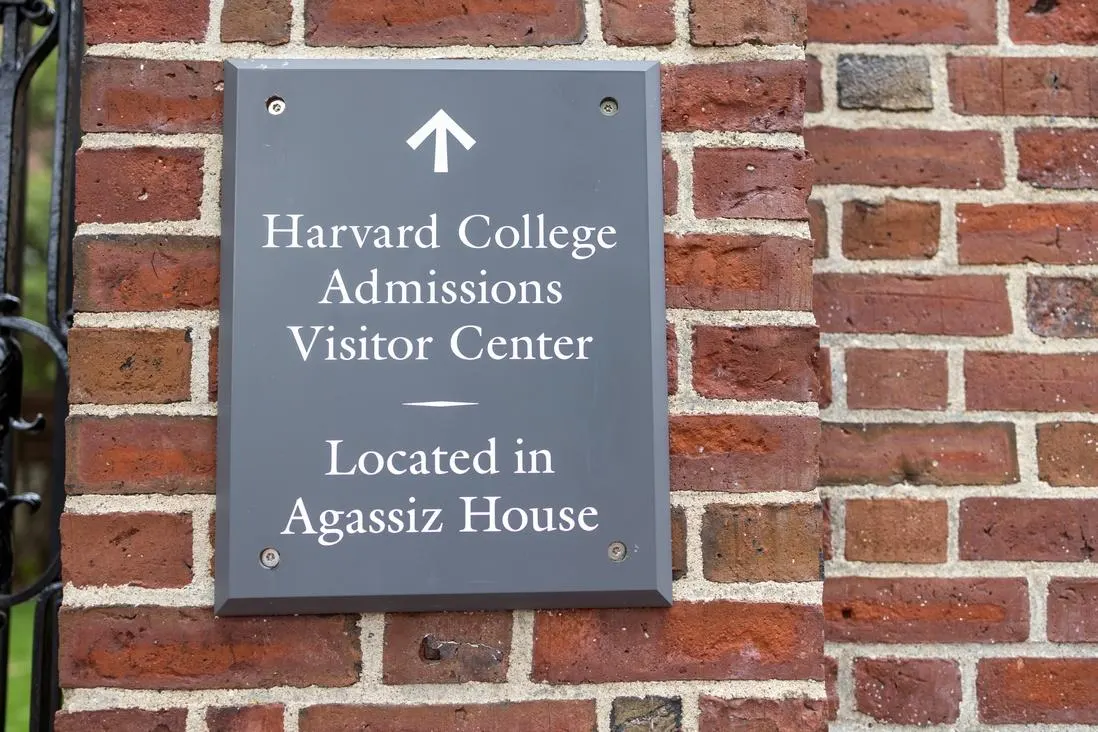Copyright SlashGear

It was only a few years ago that a degree in computer science was a golden ticket for persevering young people. Learn to code, and you could land a high-paying, stable job at one of the most valuable companies on the planet. That career path was a lifeline for a generation of college graduates and bootstrapping go-getters in the post-recession era that saw the ascendancy of big tech and the social web. But that lifeline has snapped. In the past several years, the job market for coders has contracted significantly. Mass layoffs have continued across the industry with no end in sight. From Apple to ZipRecruiter, jobs have bled out in record numbers. The upheaval is felt across the spectrum, but it may feel worse for Gen Z, which had the misfortune of matriculating into the workforce with shiny, new coding degrees only to find their job prospects evaporated. Many companies are choosing to fill the gap with AI, according to a new study from researchers at Stanford University. Ages 22-25 are the hardest hit, with a precipitous dropoff of 13%, a figure that holds even when accounting for "firm-level shocks." Of course, AI is better positioned to take away skilled desk work like coding than, say, construction work, but that doesn't mean it's doing a better job than the workers it replaces. So, just what does all of this mean for young computer science graduates in search of a job, and what might it mean for the tech we use everyday? A study from Stanford researchers released in late August showed a 13% drop in employment for those in the most "AI-exposed" fields, chief among which is software development. The researchers analyzed payroll data to paint a bleak picture. In 2022, just before the release of ChatGPT, the job market for coding had peaked. In July 2025, it had slid by close to 20%. The conclusion the paper arrived at is that jobs are being automated away by AI rather than augmented by it. According to some, early career coders thought AI would be a godsend. In a blog post, veteran coder Namanyay Goel sounded the alarm, writing, "Every junior dev I talk to has Copilot or Claude or GPT running 24/7. They're shipping code faster than ever." But he claimed that the new tech had led to a reduction in deep knowledge. "AI gives you answers, but the knowledge you gain is shallow. With StackOverflow, you had to read multiple expert discussions to get the full picture. It was slower, but you came out understanding not just what worked, but why it worked." In other words, we may be heading toward a near-future where early career coders aren't able to code without an AI assistant, and that same assistant is taking away their job prospects. The same could happen, albeit more slowly, up the chain of seniority. All of this only becomes more concerning when we shift focus from the job market to the code itself. Research continues to show that AI-generated code is harder to work with and much more prone to vulnerabilities. As we reported in September, the biggest problems with AI coding are only getting worse. The nonprofit METR (Model Evaluation and Threat Research) put out some unsettling findings, showing that when even the best AI coding tools were used, developers were 19% slower to finish tasks. Experienced developers found less than 44% of the generated code to be acceptable, which meant more time spent fixing errors introduced by the AI. Despite this, coders using AI mistakenly perceived a roughly 20% improvement in efficiency. Moreover, findings from both security firm Apiiro and University of San Francisco researchers concluded in respective writings that AI-generated code is a Pandora's box for security vulnerabilities. The former found a 322% increase in unauthorized access to systems while the latter found that the most extreme vulnerabilities increased by 37.6% after being fed through an AI generator five times. If new coders are not entering the workforce while those who remain are reliant on AI without a deeper understanding of the code they write, that job market decline also spells bad news for end users. While experienced coders won't age out of the workforce for some time, they, too, are encouraged to use AI in their workflow. The result of all these factors is likely to be a surge in poorly coded software, which means each update you install might break more of your products and leave you open to attacks. The fewer people an organization employs who understand how to fix bad code, the longer it will take to push patches. It's worth pointing out that banks and other sensitive institutions are increasingly reliant on AI coding. The result could be yet another AI-powered nightmare scenario.



